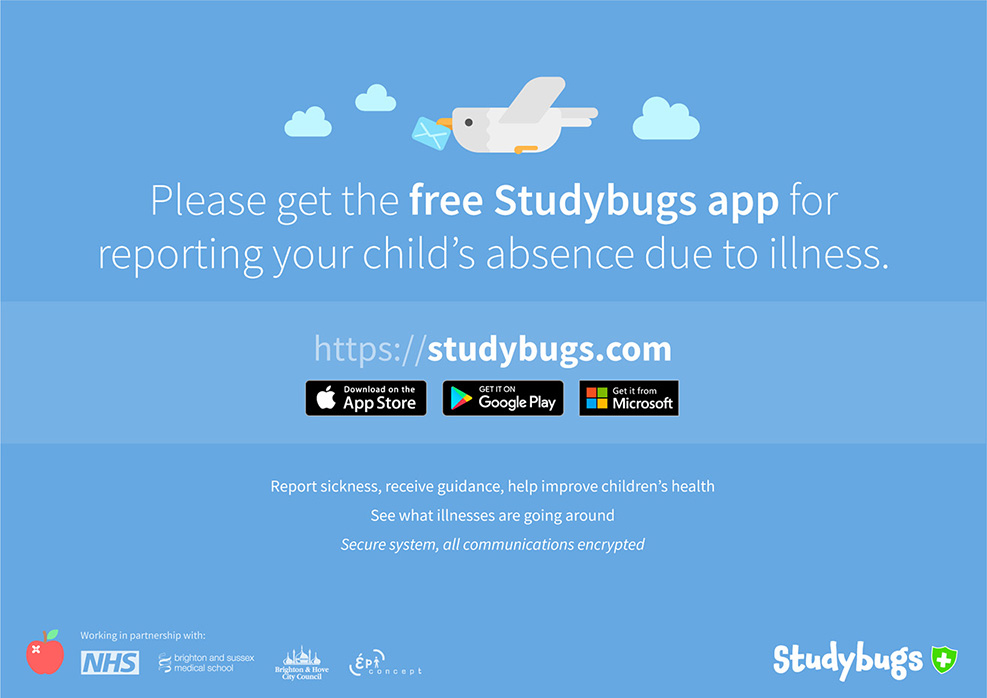Equality Statement
An Inclusive SEMH Provision for Pupils Aged 5–16
Sutton House Academy is a specialist SEMH (Social, Emotional and Mental Health) setting dedicated to providing a safe, inclusive, and nurturing environment where every pupil can learn, grow, and succeed. We place the wellbeing, dignity, and potential of every learner at the heart of everything we do.
We are fully committed to promoting equality of opportunity and eliminating discrimination in all areas of academy life. We recognise the individual and diverse needs of our pupils, many of whom have experienced challenges that impact their educational journey. As such, we aim to provide a learning environment where every child feels safe, respected, and able to thrive.
Our Legal Duty under the Equality Act 2010
As a public body, we adhere to the Public Sector Equality Duty set out in the Equality Act 2010, which requires us to have due regard for the need to:
- Eliminate unlawful discrimination, harassment, and victimisation
- Advance equality of opportunity between people who share a protected characteristic and those who do not
- Foster good relations between people who share a protected characteristic and those who do not
The Act protects against unfair treatment based on the following protected characteristics:
- Age
- Disability
- Gender reassignment
- Marriage and civil partnership
- Pregnancy and maternity
- Race
- Religion or belief
- Sex
- Sexual orientation
Our Equality Principles
Our approach to equality is based on six core principles:
- All learners are of equal value – we value every pupil equally, regardless of background or identity.
- We recognise and respect difference – we celebrate diversity and are responsive to individual needs.
- We foster positive relationships – we promote empathy, respect, and a shared sense of belonging.
- We ensure equitable practice in staffing – we are committed to fair recruitment, retention, and progression for all staff.
- We remove barriers to learning and participation – we ensure all pupils can access opportunities and thrive.
- We maintain high expectations for all – every pupil is encouraged to succeed and realise their full potential.
Equality Information and Monitoring
We collect and monitor information relating to both protected characteristics and additional vulnerable groups to ensure that all pupils are supported and safeguarded. These include:
- Pupils eligible for Free School Meals (FSM)
- Pupils with Special Educational Needs (SEN)
- Pupils with English as an Additional Language (EAL)
- Looked-after children (LAC)
- Young carers
- Disadvantaged pupils
- Pupils receiving therapeutic or mental health support
We use this data to plan targeted interventions, monitor progress, and ensure that no child is left behind.
Meeting the Public Sector Equality Duty
1. Eliminating Discrimination
We achieve this by:
- Implementing a clear Equality and Diversity Policy
- Maintaining a robust anti-bullying and behaviour policy that addresses prejudice-based incidents
- Embedding equality into our curriculum and enrichment programme
- Monitoring and responding to all incidents of discriminatory language or behaviour
- Ensuring staff are trained in inclusive and trauma-informed practice
2. Advancing Equality of Opportunity
We:
- Identify and support underachieving groups through data analysis and targeted support
- Ensure all pupils can access enrichment, interventions, and leadership opportunities
- Involve pupils and families in decision-making and planning
- Remove barriers to academic progress, engagement, and attendance
3. Fostering Good Relations
We foster mutual respect and understanding through:
- A curriculum that celebrates diversity and promotes inclusion
- Whole-school activities that build cohesion and shared values
- Creating a strong sense of community within and beyond the academy
- Encouraging pupil voice and collaborative projects
Equality Objectives
To further embed our equality commitment, we have set the following objectives:
- To monitor and analyse pupil achievement by race, gender, and disability, and respond to trends with targeted interventions.
- To raise attainment and engagement in core subjects for vulnerable learners, including those with SEN, FSM eligibility, or SEMH needs.
- To increase parental and pupil engagement in all aspects of school life, ensuring that every family feels welcomed, informed, and involved.
